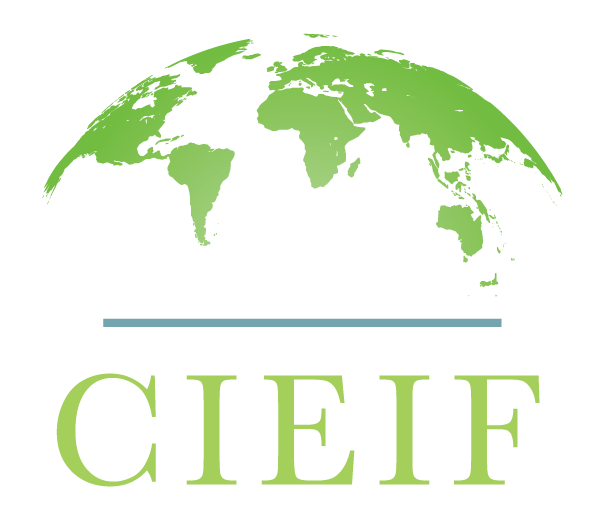We carefully review grant applications to make awards to support EIA, predictive impact modeling, and engagement efforts with potentially impacted stakeholders for innovative climate intervention technologies that are on the verge of field testing. We will consider supporting those elements for any technology proposed by qualified investigators with the potential to be scaled-up to meaningful climate benefits except for stratospheric (or higher) Solar Radiation Management (SRM) because of its severe controversiality, questionable governability, and the availability of other funding for it. We also exclude Carbon Capture Utilization and Storage (CCUS) and Direct Air Capture (DAC) due to other existing large funding programs. Examples of innovative interventions could include:
biochar, black soot removal/mitigation, CDR (but not DAC), cloud brightening, coatings that remove greenhouse gases, enhanced weathering, ice and land albedo enhancements, livestock methane capture and other agricultural interventions, methane removal, ocean fertilization and other ocean interventions such as marine CDR, updraft chimneys or towers that remove greenhouse gases, N20 and chlorofluorocarbon removal, and similar methods.
CIEIF does not provide any basic research or implementation funding; we only give grants to aid the analysis of proposed field tests. The analysis should include environmental and, if applicable, any economic, social, and/or human health impacts that foreseeably may flow from the project. Other factors being equal, the highest priority for funding projects will be for nonprofit institutions, including academics. Applications from private business projects embarking on a climate intervention field test will be considered. The reach of potential grants is global; however, international projects will be higher priority if a non-profit U.S. partner exists to accept the grant as a donation. We only support projects for which the results will be documented either by journal publication or through some other peer-reviewed report. Work supported by CIEIF should not be seen as an alternative to necessary government compliance and permitting, rather it should aim to complement and support the necessary governmental processes.
CIEIF personnel also can provide gratis advice on EIA in response to queries.
